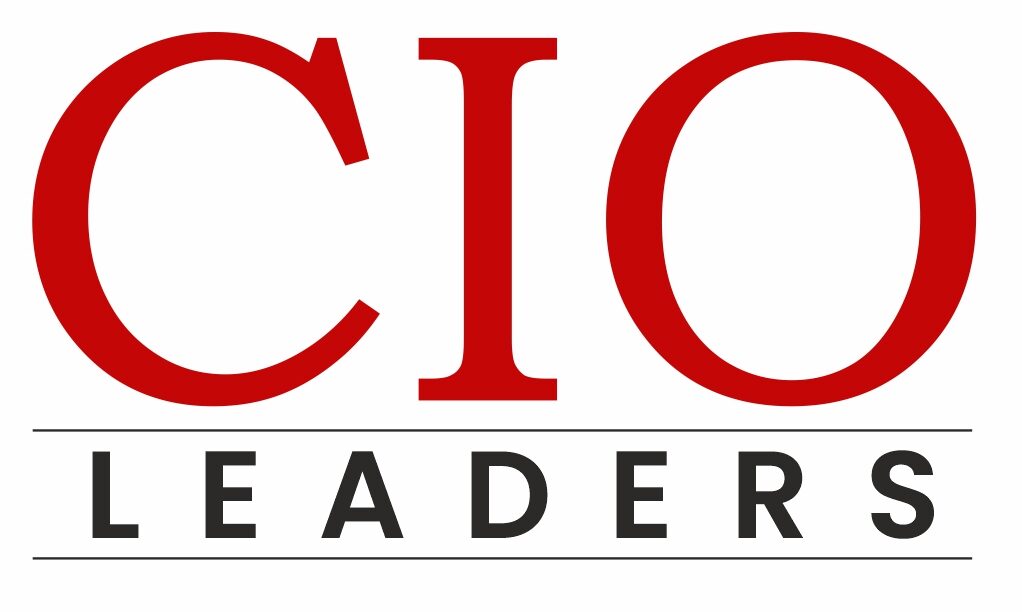For decades, the model of legal services was monolithic. Clients needed expertise; lawyers provided solutions—often with little concern for the niceties of client experience. Those days are behind us. With the era of hyper-connectivity, consumerism, and transparency, clients demand more than legal sophistication—they demand empathy, transparency, and tailored engagement. The age of client-centric legal services has finally arrived, and personalization is no longer a luxury—it’s a requirement.
From needy families needing estate planning guidance to Fortune 500 corporations wrestling with multi-jurisdictional compliance, the need for customized legal solutions has never been stronger. Those practices that are rising to this challenge are not only raising the level of service but also creating more trust and longer-lasting loyalty.
What Is Client-Centered Legal Service?
Client-focused legal service puts the client, and not the case, at the forefront of the legal experience. It is not about knowing a case; it is about knowing a client’s unique needs, values, risk tolerance, communication style, and long-term vision. It is not about winning a case; it is about problem-solving in a manner that is aligned with the client’s vision.
This philosophy reframes the attorney-client relationship as partnership, not transaction. It values listening over advising, teaching before deciding, and aligning legal strategy with client goals—not merely legal precedent.
The Power of Personalization in Practice
Individualized legal services take many forms. It may mean providing flexible fee arrangements that fit within a client’s budget, adjusting communication modes a client prefers (i.e., by email, via video conferencing, or a secure web site), or tailoring legal planning to a client’s values—i.e., for sustainability, for social mission, or for risk minimization.
For instance, a startup will focus on velocity and lean legal assistance to keep pace with its rapid business model, whereas a non-profit will focus on regulatory compliance with donors and ethical issues. A customized approach guarantees that legal advice is not only effective but also context-specific.
Technology is quite a large part. Client relationship management software, auto-drafted documents prepared by AI, and client dashboards enable firms to monitor likes and dislikes, foresee needs, and provide pro-active service. Applications enable lawyers to spend less time on paperwork and more time on having quality relationships.
Transparency Builds Trust
Communication is the priority in a customized legal environment. Clients don’t want to be left in the dark anymore about their case status or the reason behind some legal decisions being made. They expect billing, expectation for results, timelines, and strategic considerations explained to them.
Client-focused companies are now providing real-time status, flat-fee models, and collaborative software that make the client feel like an active participant. Transparency allays fear and promotes confidence, particularly for clients who have a limited experience with legal procedures.
Meeting Clients Where They Are
Where customers are, in an online age, is paramount. For others, it is after-workday online consultations. For others, it could be affirming language difference, offering ancillary education regarding law concepts, or utilizing available tech solutions for ease of document review and signature.
Lawyers who take the time to learn about a client’s lifestyle and stressors are thus in a position to adapt their delivery to suit. Attention to context in this way results in better outcomes—not just in terms of the law, but emotionally and reputationally as well.
Why Personalization Is Good for Business
Client-focused service isn’t merely the ethical thing to do—it’s also good business. Across industries, studies indicate that personalized experiences result in increased client satisfaction, loyalty, and word-of-mouth referrals. In the law profession, where reputation and word of mouth are everything, these are priceless.
In addition, customized service is more likely to set open expectations and have fewer miscommunications, reducing conflict and dispute billing. It also enhances client retention—particularly for commercial clients that need ongoing legal relationships rather than a one-time shot.
Challenges and Commitment
Moving to a client-centric model takes more than good will; it takes investment in training, technology, and culture change. Lawyers need to become more emotionally intelligent, active listeners, and resilient. Firms need to back this effort with technology that facilitates customization and with leaders who are as concerned about empathy as they are about expertise.
The culture of formality and caution in the legal industry often conflicts with these new expectations. But the professionals who tear down these barriers find not just happier clients but happier attorneys as well.
The Future of Legal Service Is Human
Even as the law grows more tech-savvy, the human touch cannot be discounted. Clients don’t simply crave answers—they need to be heard, understood, and counseled. In times of uncertainty, technically savvy but emotionally tone-deaf legal counsel is not enough. Individualization is what gives heart to the practice of law and makes good advice great advice.
As the practice of law continues to change, the victors among the firms will be those who combine innovation with compassion, efficiency with relationship-building, and expertise with love for the client experience. The future of law is really not automation or the bottom line—it’s people first.
Read Also : From Classroom to Campus: How to Inspire Global Education Leadership in Schools?

